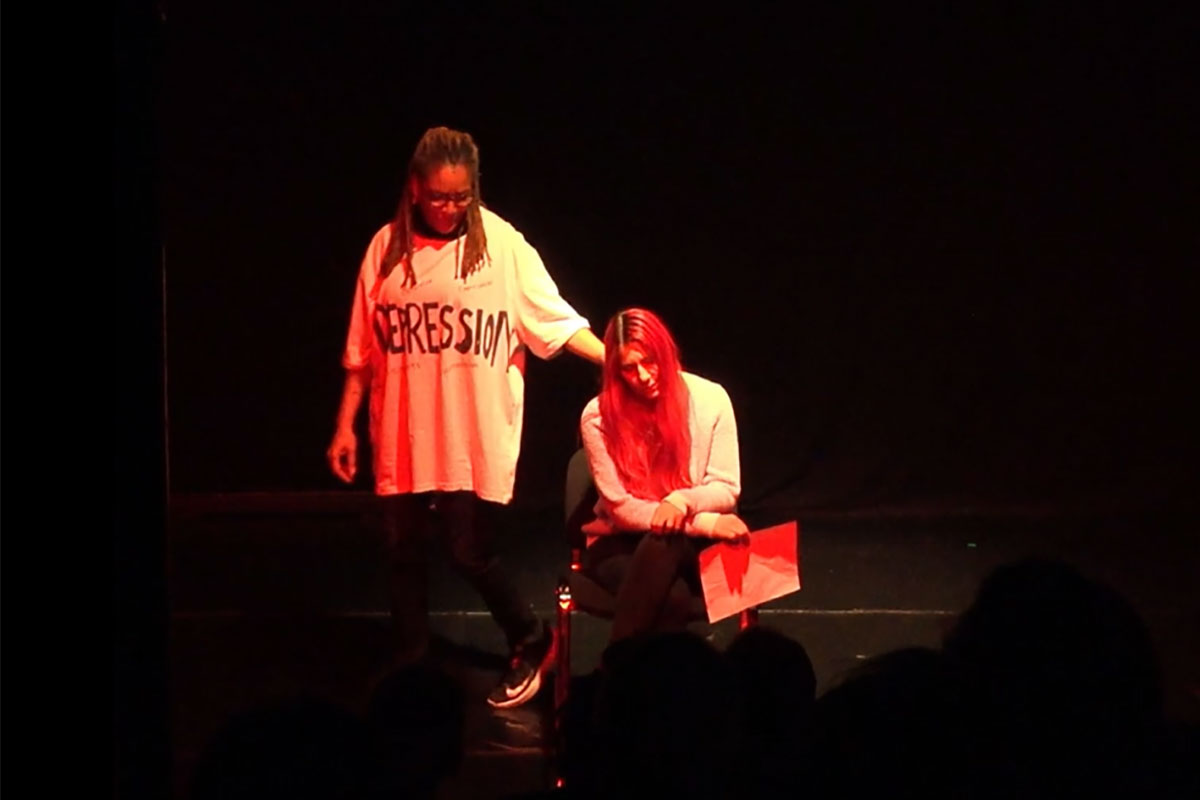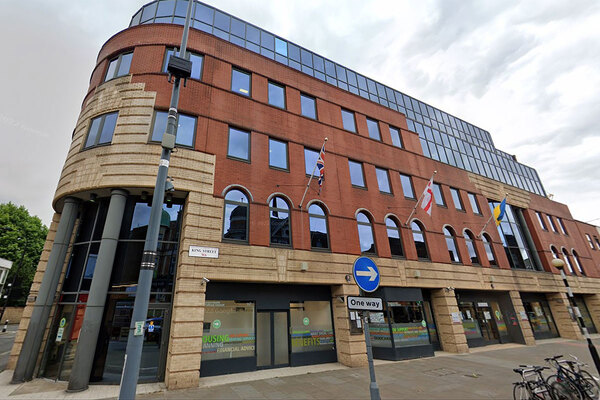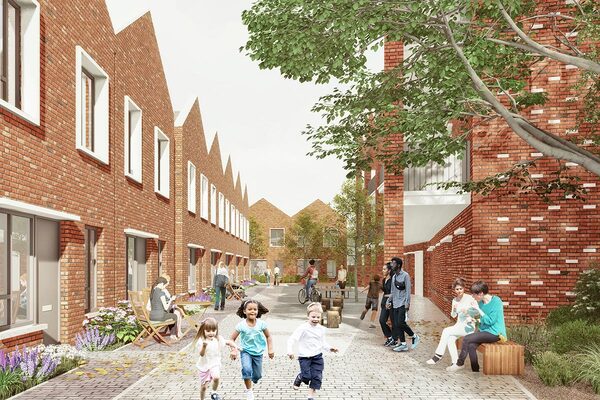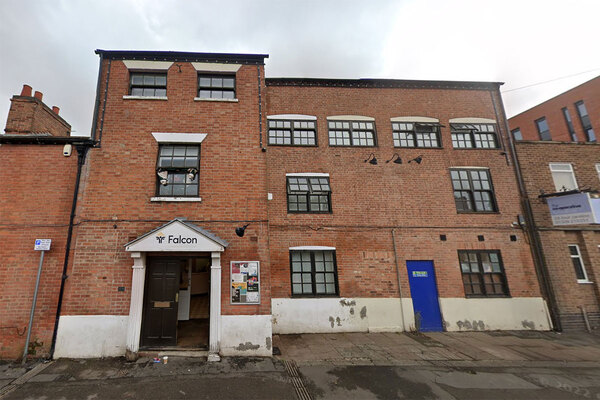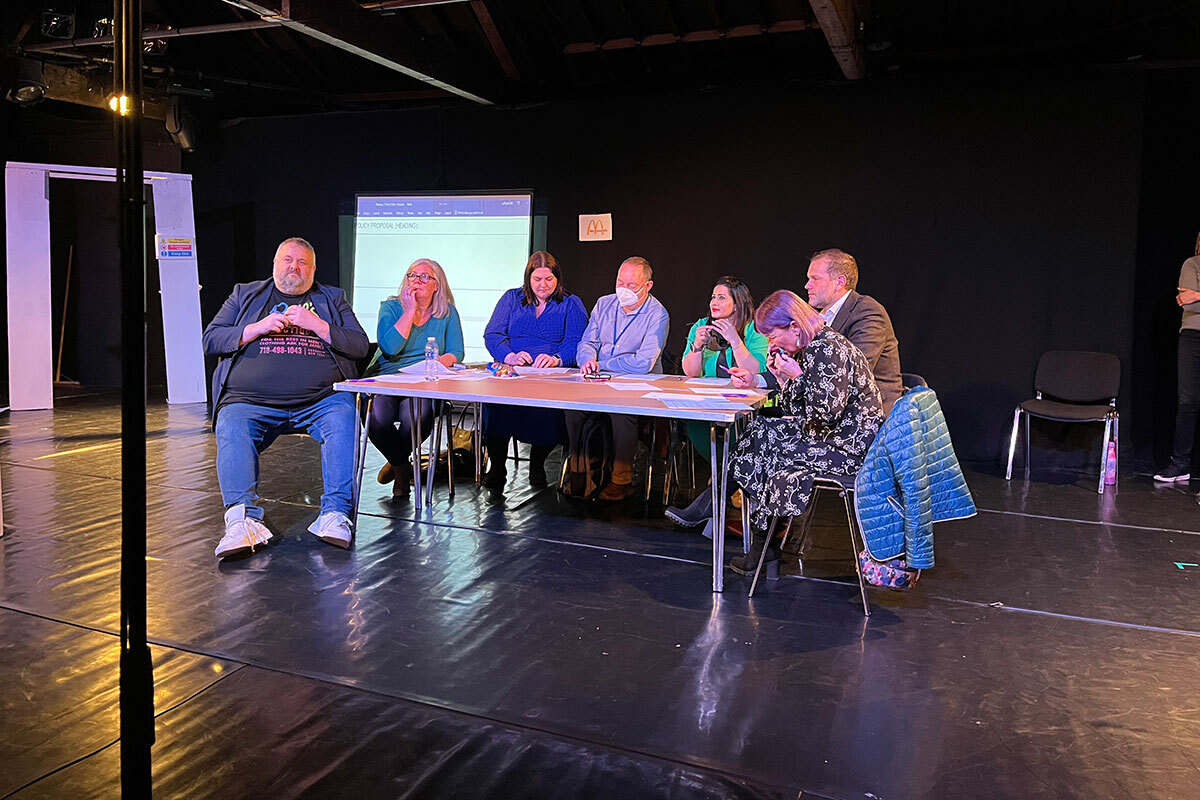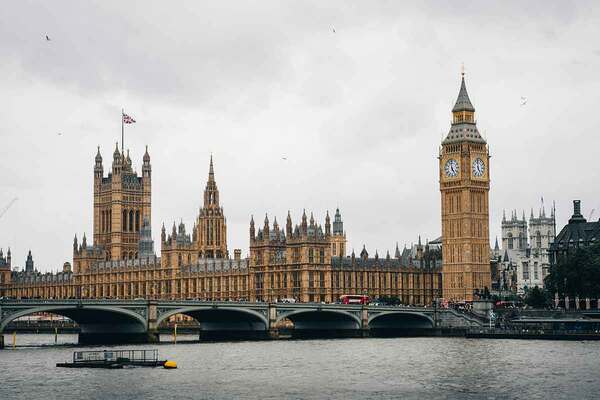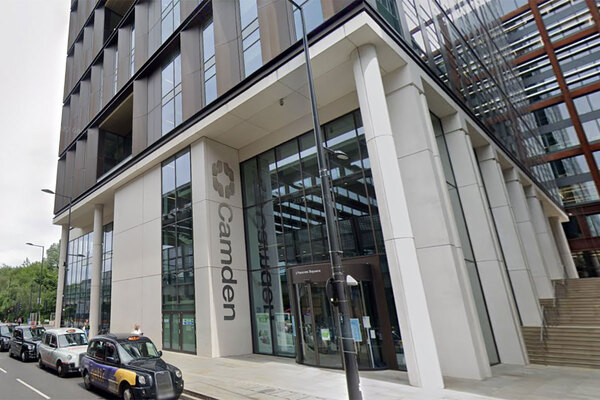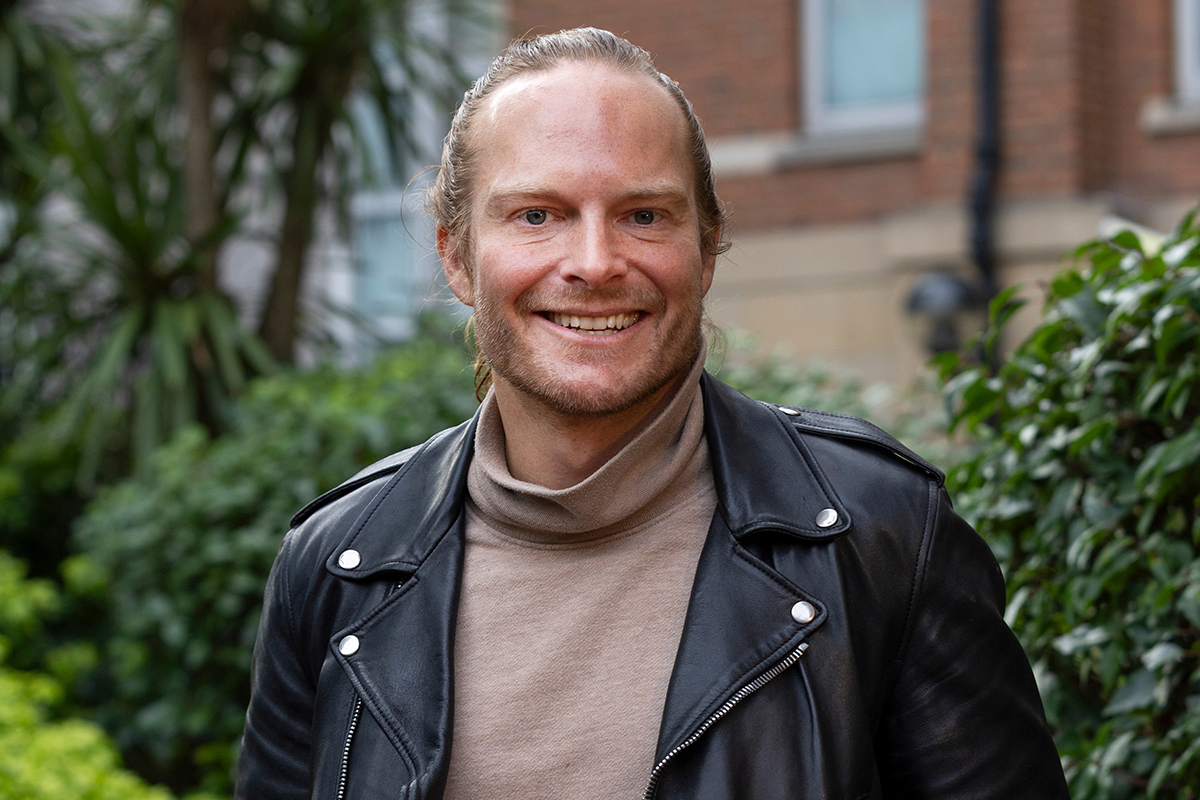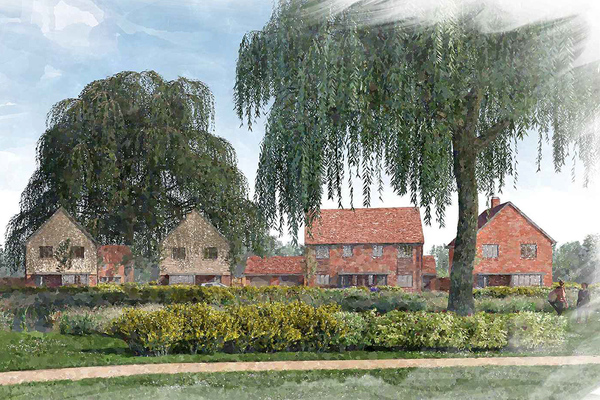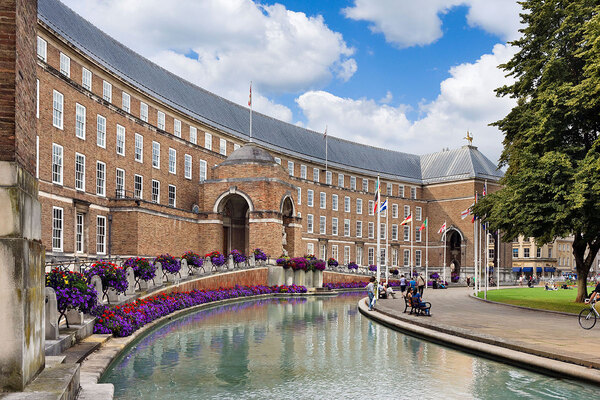Council commits to new homelessness policies during interactive theatre event
Medway Council committed to a series of actions to tackle homelessness in an interactive theatre event during which policies are co-created with the community.
During the ‘legislative theatre’ event in Chatham, part of which involved people with lived experience of homelessness and frontline council staff acting out problems with the homelessness system in a play, senior Medway staff committed to improving the verification system for rough sleepers.
They also created a project plan to take forward a council letting service, and looked at creating a joined-up services hub.
The policies will inform the council’s new homelessness and rough sleeping strategy.
Legislative theatre, which involves communities, advocates and policymakers working together in a creative way to develop legislation, originated in Brazil in the early 1990s.
It was based on activist theatre, known as Theatre of the Oppressed, which involves audience members becoming active participants in the discussion to promote social and political change.
The initiative in Medway was led by Arts and Homelessness International (AHI), a global network which works to bring positive change around homelessness through arts and creativity, and directed by artist and civic change practitioner Katy Rubin.
The play which launched the event included scenes focused on obstacles and scenarios facing people suffering homelessness.
This included housing benefits not covering market rents, unsafe shared accommodation, health and housing policies not being linked, rough sleeping verification systems, and lack of ID meaning someone cannot get support.
After the play, audience members got involved in discussions about ways to address the problems raised.
Following the discussion, the audience put forward policy suggestions to senior council staff, including the head of housing needs, director of culture and community, housing strategy and partnerships manager and cabinet member for housing, as well area managers from Pathways, which supports people to live independently, and Riverside, who then agreed to take some changes forward.
In the next four to six weeks, the policy team at Medway committed to:
-
Having a multi-agency meeting with the rough sleeper initiative team, specifically to discuss verification and whether the way verification is undertaken can be changed/whether other services can verify rough sleepers
-
Work with groups across the council to carry out a review of the current existing safe spaces people can go to
-
Creating a project plan for the council to take forward a council letting service
-
Have a discussion with the voluntary sector on how resources can be pooled if the verification system leads to increased need for support
-
Making all that was discussed a political and strategic priority for the council
-
Have conversations with colleagues about what resources are available to create a joined-up services hub in Medway
-
By the end of March, create a firm proposal for how Medway’s 24-hour services/homelessness shelters can operate a drop-in support and advice service available every evening, night and weekend
The organisers of the event will meet up in a few weeks to follow up on the council’s progress.
Medway’s next homelessness and rough sleeping strategy, which will include the new approaches, is due to go to cabinet towards the end of 2024.
Naushabah Khan, portfolio holder for housing and property at Medway Council, said: “Having a place to call home and a roof over your head should be a fundamental right.
“That is why tackling the housing crisis and supporting Medway residents is a priority for me.
“This was a brilliant event and opportunity to gain valuable insight from residents with lived experience as to how we can best support some of Medway’s most vulnerable residents.
“The discussions and proposals from the night provided a number of clear actions for us and partner agencies to work on together, and will also feed into our next homelessness and rough sleeping strategy.”
The organisers have already worked with other councils, including Haringey and Coventry, and the Greater Manchester Combined Authority, which made a series of changes following the events.
Ms Rubin told Inside Housing that Cambridge Council and the Royal Borough of Kensington and Chelsea have also shown interest in the initiative.
She said legislative theatre is a “really positive and engaging way to get people involved” that can “avoid some of the tensions or conflict involved in a standard consultation”.
But it can also “really pull people in to make them feel closer to the way policies are made and create ripple effects”, Ms Rubin said.
Sign up for our homelessness bulletin
Already have an account? Click here to manage your newsletters
